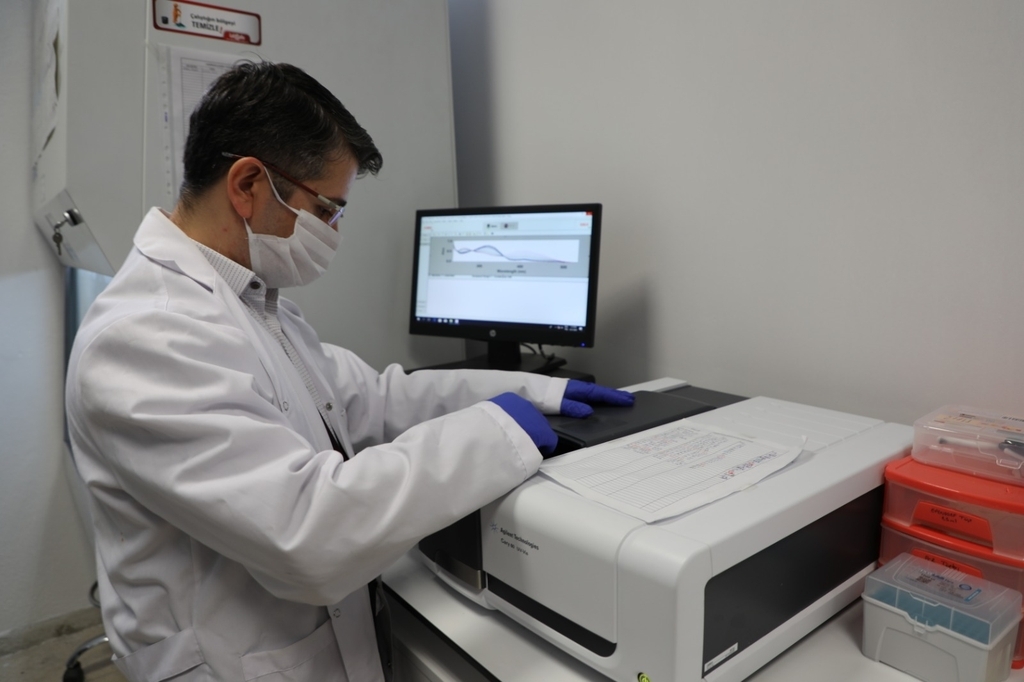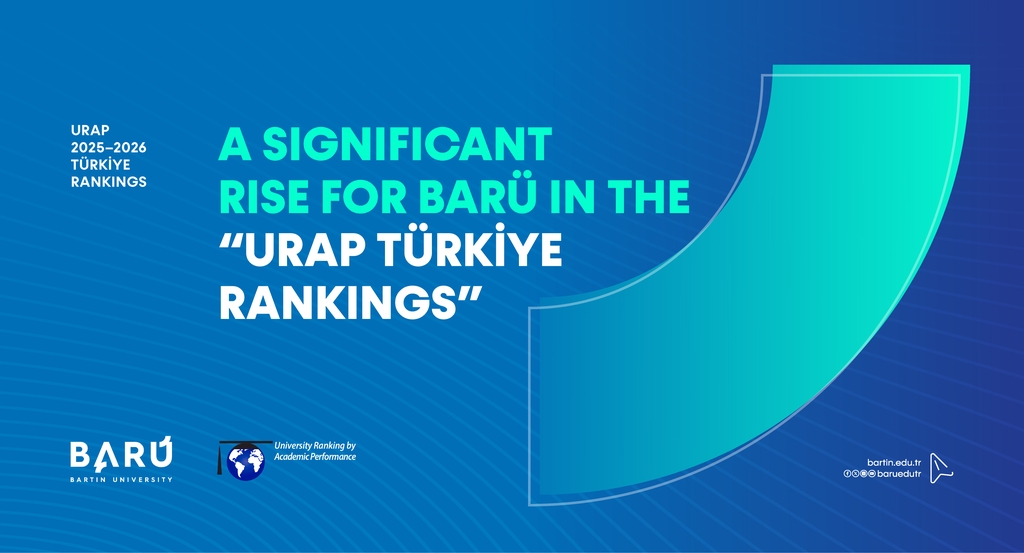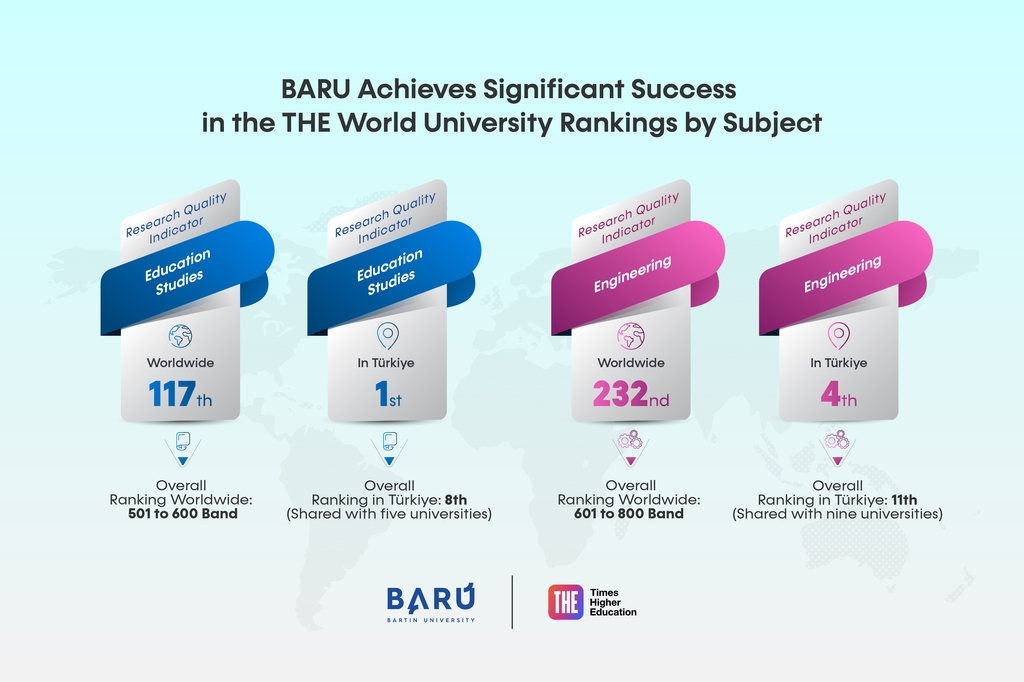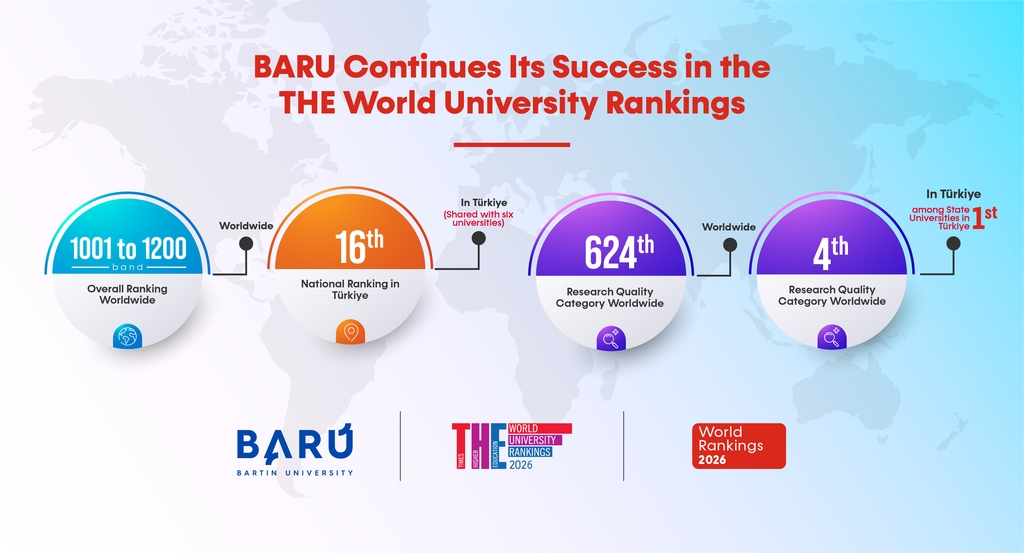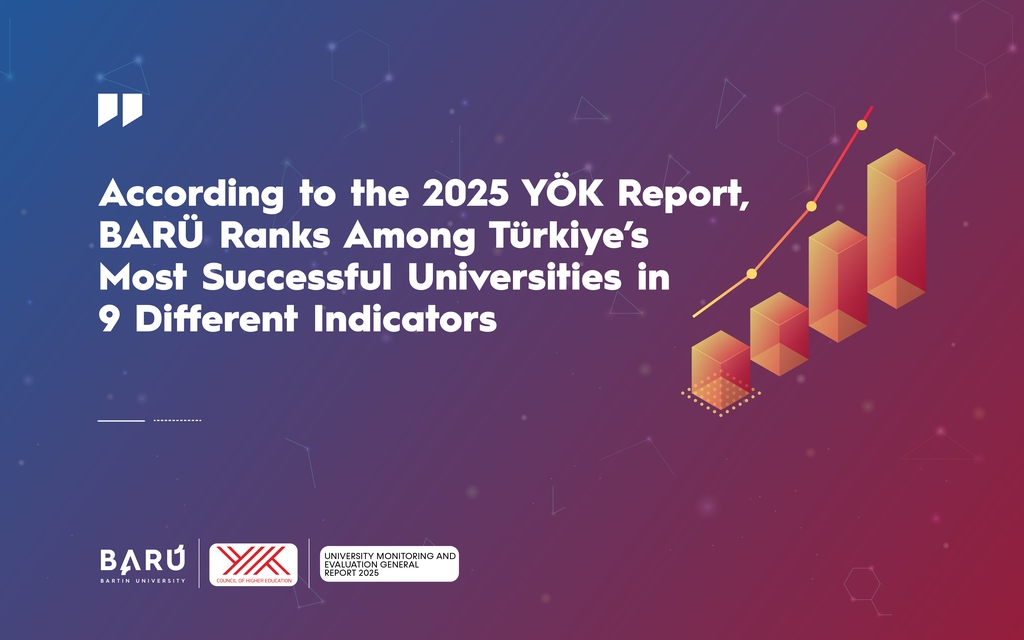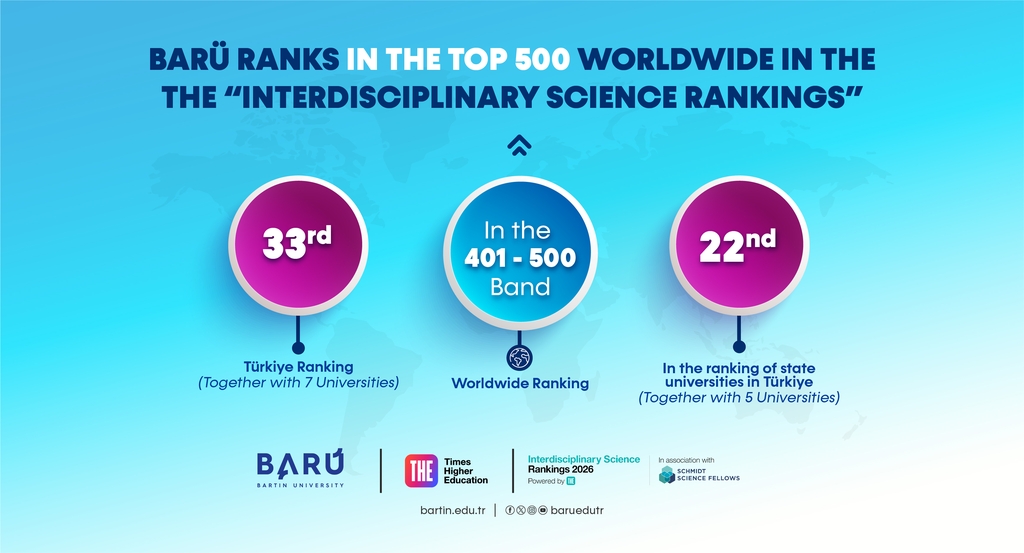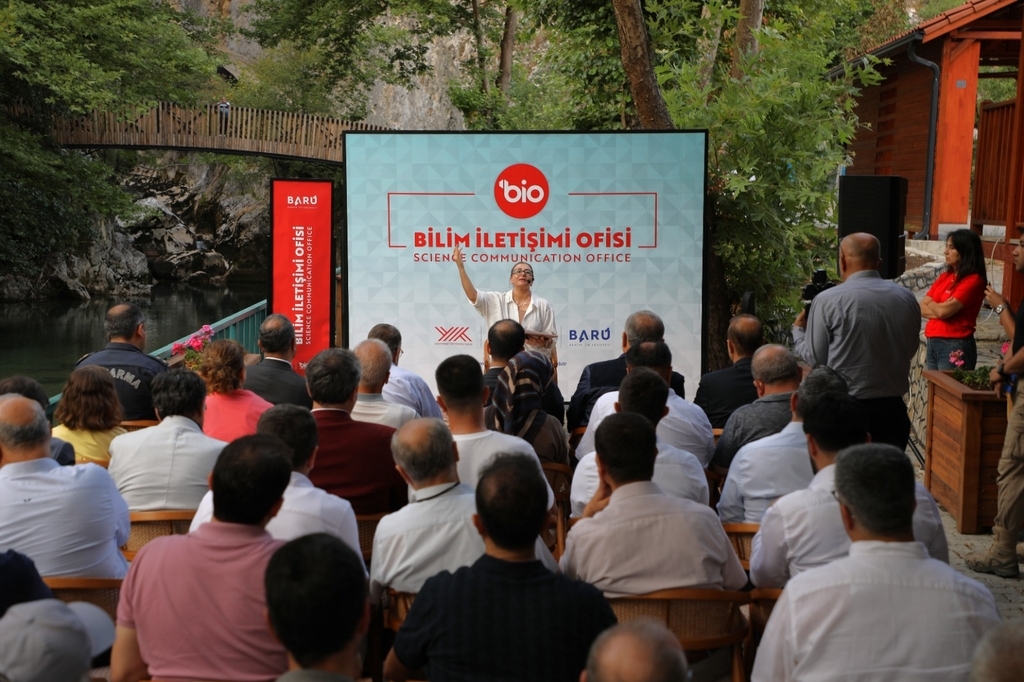Another Project of our University has been accepted
27 Ekim 2020
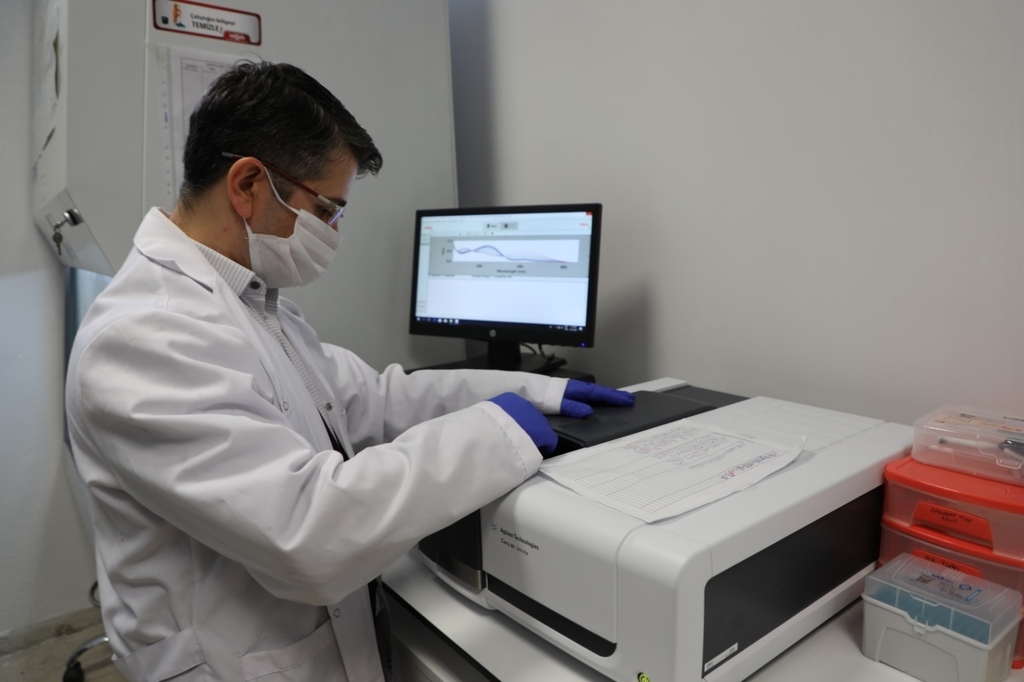
The Project of Associate Prof. Dursun Kısa at the Department of Molecular Biology and Genetics submitted under “1002- Rapid Support Program” has been approved.
The Project coordinated by Associate Prof. Dursun Kısa at the Department of Molecular Biology and Genetics under the Faculty of Natural and Applied Sciences has been listed among the approved projects for support. Research Assistant Yusuf Ceylan working at the same department will be a researcher in the Project, which will be about producing phenolic components in basil (Ocimum basilicum) through agrobacterium rhizogenes inoculation and revealing the expression states of the genes which have a place in biosynthesis mechanism.
Associate Prof. Kısa talked about his Project: “The Impact of A.Rhizogenes Inoculation to Basil (Ocimum basilicum L.) on Phenolic Component Content and Gene Expression” and said: “Increasing secondary metabolite production in plant tissues using plant tissue culture and molecular biology techniques are among the objectives of the Project. In case high synthesis of phenolic components in plant tissues is succeeded, the goal is to contribute to the flow of information between university-agriculture sector towards the development of quality and effective medical and aromatic plants.
Fotoğraflar
Haberler

